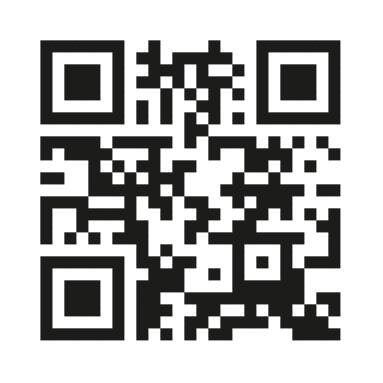
MillionDollarWeekend:TheSurprisinglySimple WaytoLauncha7-FigureBusinessin48HoursNoah Kagan
https://ebookmass.com/product/million-dollar-weekend-thesurprisingly-simple-way-to-launch-a-7-figure-businessin-48-hours-noah-kagan-2/

Instant digital products (PDF, ePub, MOBI) ready for you
Download now and discover formats that fit your needs...
Million Dollar Weekend: The Surprisingly Simple Way to Launch a 7-Figure Business in 48 Hours Noah Kagan
https://ebookmass.com/product/million-dollar-weekend-the-surprisinglysimple-way-to-launch-a-7-figure-business-in-48-hours-noah-kagan/ ebookmass.com
Million Dollar Consulting, Sixth Edition: The Professional's Guide to Growing a Practice, 6th Edition Alan Weiss
https://ebookmass.com/product/million-dollar-consulting-sixth-editionthe-professionals-guide-to-growing-a-practice-6th-edition-alan-weiss/ ebookmass.com
The John Doe $5 Million Dollar Donation Campaign Drive The Fundraiser’S Paradox
https://ebookmass.com/product/the-john-doe-5-million-dollar-donationcampaign-drive-the-fundraisers-paradox/ ebookmass.com
Blueprint Reading: Construction Drawings for the Building Trade – Ebook PDF Version
https://ebookmass.com/product/blueprint-reading-construction-drawingsfor-the-building-trade-ebook-pdf-version/ ebookmass.com


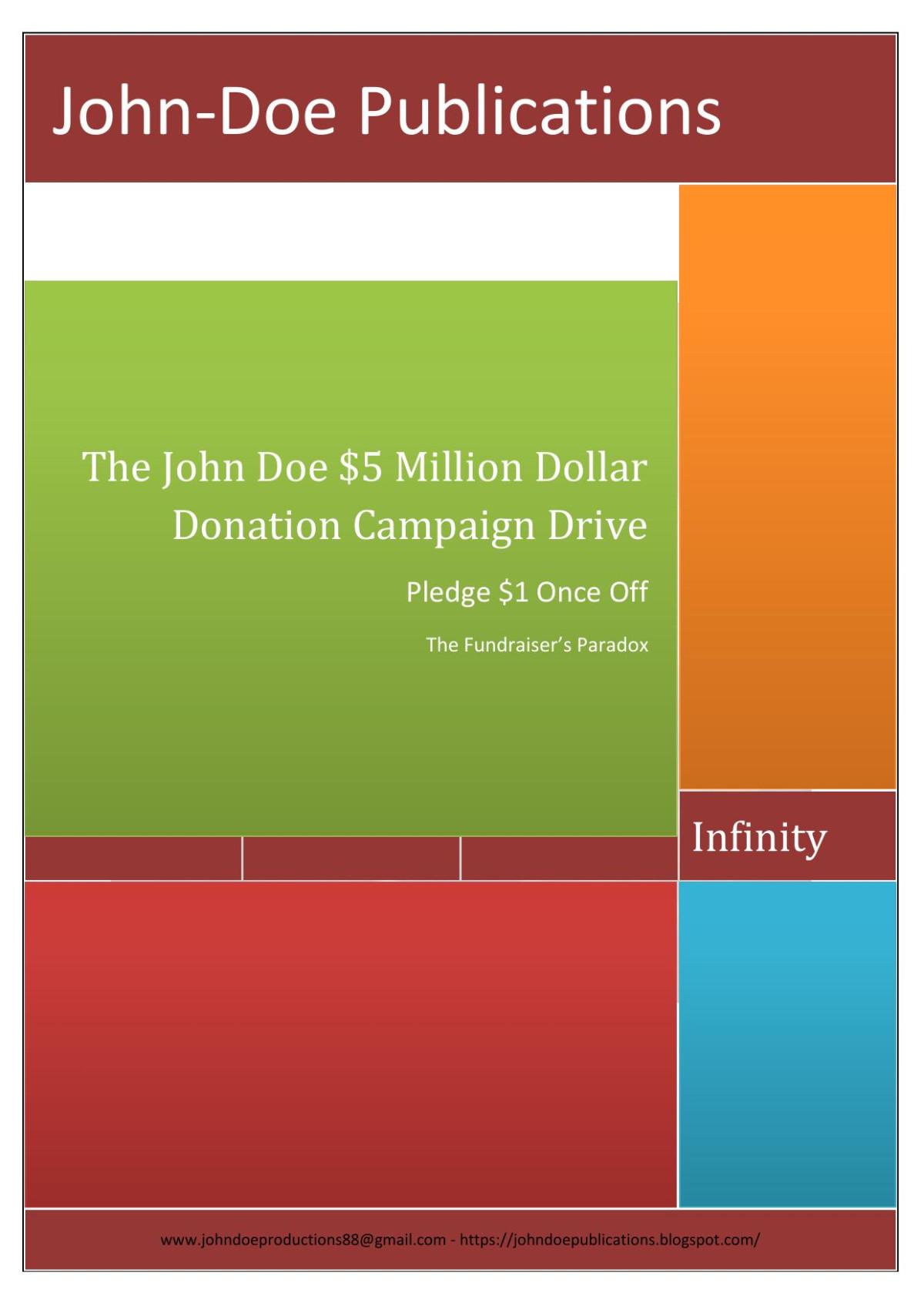

https://ebookmass.com/product/the-sociology-of-time-a-criticaloverview-jiri-subrt/
ebookmass.com
The Girl in White Lindsay Currie
https://ebookmass.com/product/the-girl-in-white-lindsay-currie/
ebookmass.com
Introduction to Social Entrepreneurship – Ebook PDF Version
https://ebookmass.com/product/introduction-to-social-entrepreneurshipebook-pdf-version/
ebookmass.com
Organic Public Engagement: How Ecological Thinking Transforms Public Engagement with Science 1st Edition Adam S. Lerner
https://ebookmass.com/product/organic-public-engagement-howecological-thinking-transforms-public-engagement-with-science-1stedition-adam-s-lerner/
ebookmass.com
Engineering Your Future: A Comprehensive Introduction to Engineering 9th ed. Edition William C. Oakes
https://ebookmass.com/product/engineering-your-future-a-comprehensiveintroduction-to-engineering-9th-ed-edition-william-c-oakes/
ebookmass.com

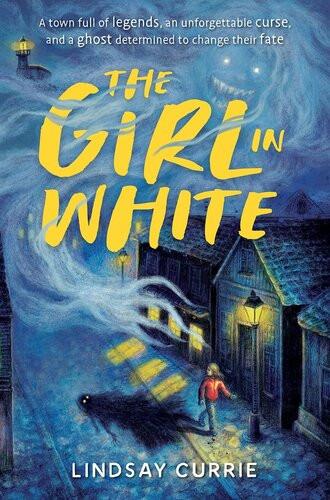

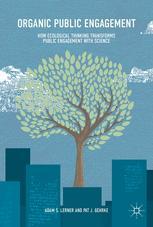

Sell Yourself: How to Create, Live, and Sell a Powerful
https://ebookmass.com/product/sell-yourself-how-to-create-live-andsell-a-powerful-personal-brand-cindy-mcgovern/
ebookmass.com
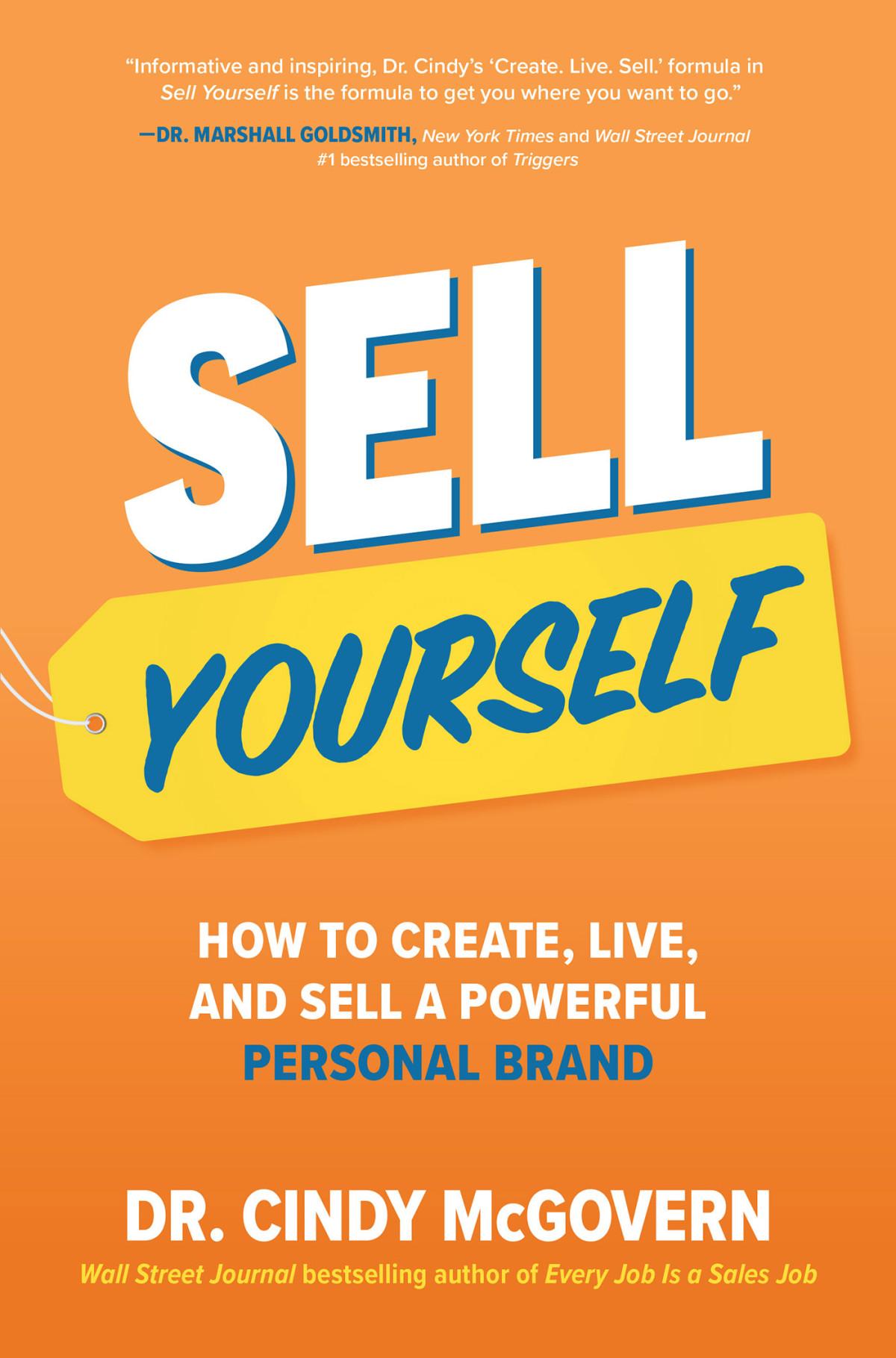
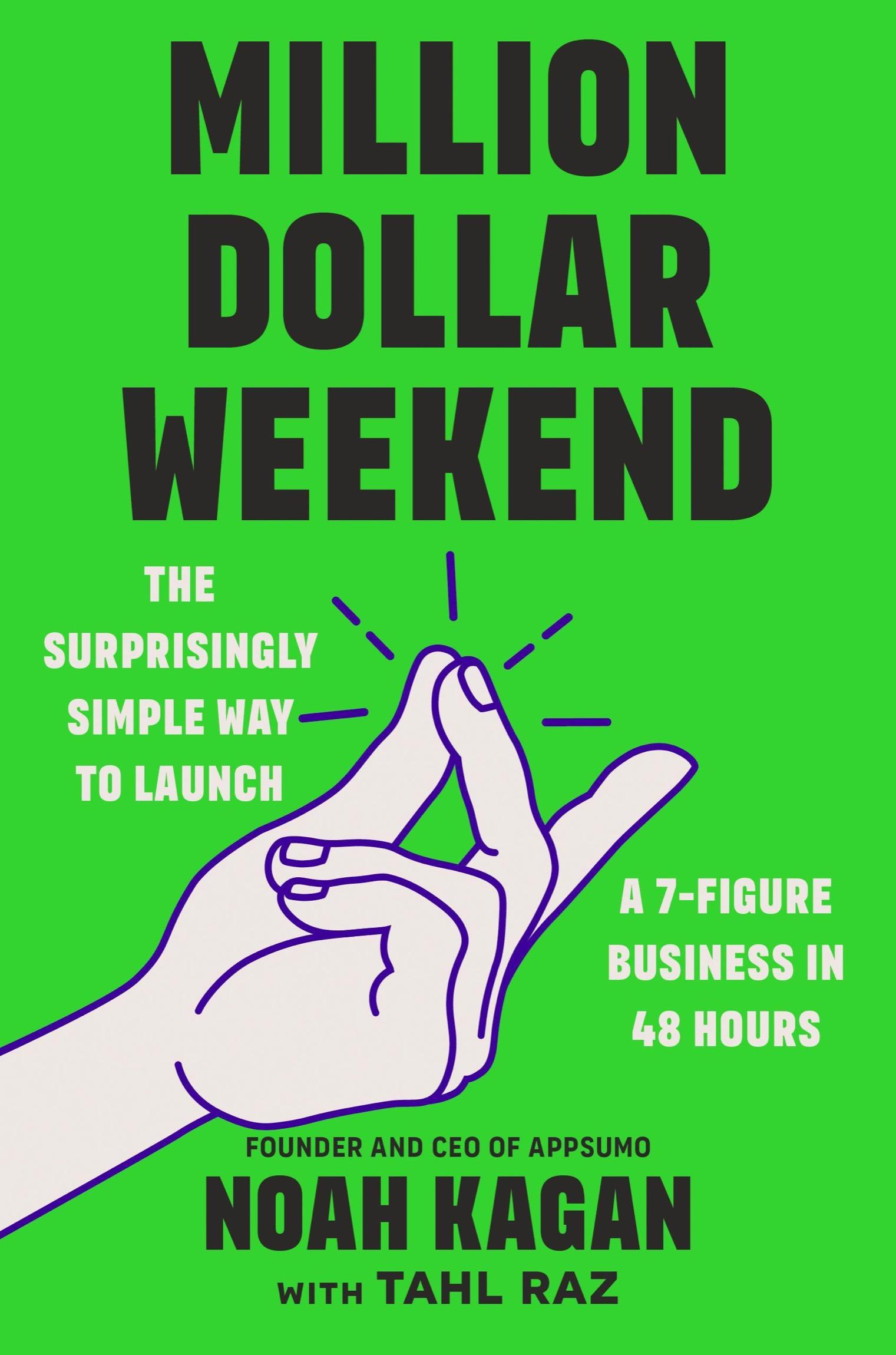


PORTFOLIO / PENGUIN
An imprint of Penguin Random House LLC penguinrandomhouse.com

Copyright © 2024 by Noah Kagan
Penguin Random House supports copyright. Copyright fuels creativity, encourages diverse voices, promotes free speech, and creates a vibrant culture Thank you for buying an authorized edition of this book and for complying with copyright laws by not reproducing, scanning, or distributing any part of it in any form without permission. You are supporting writers and allowing Penguin Random House to continue to publish books for every reader.
Selfies on this page used by permission. Top row from left to right: photo by Tony Perrin; Gitel Hesselberg; Kailash Saravanan; Andrea Reynolds. Second row: Yann Le Bouhellec, all rights reserved frenchlevelup com; photo by Tommy Smith; Regina Jones-Morneault, the Fabric Pharmacist; Allan Allas Third row: Madelayne Morales R photo by @madimoralesr; photo by Cara Boardwine; Brian Griffeth; Andrew Charles copyright © 2023 by Mindpower Growth, all rights reserved Fourth row: photo by Ronald Annjaya; Juan Vera; Minh Duong; Mathieu Boumal.
Image on this page used with permission of Nick Gray; images on this page, this page from the collection of the author; image on this page used with permission of Justin Mares; image on this page by Ben Kenyon; image on this page © copyright 2023 by Daniel Bliss.
Library of Congress Cataloging-in-Publication Data
Names: Kagan, Noah, author. | Raz, Tahl, author.
Title: Million dollar weekend : the surprisingly simple way to launch a 7-figure business in 48 hours / Noah Kagan, with Tahl Raz
Description: New York : Portfolio/Penguin, [2024] | Includes bibliographical references
Identifiers: LCCN 2023023688 (print) | LCCN 2023023689 (ebook) | ISBN 9780593539774 (hardcover) | ISBN 9780593716236 (international edition) | ISBN 9780593539781 (ebook)
Subjects: LCSH: New business enterprises | Business planning | Entrepreneurship
Classification: LCC HD62 5 K327 2024 (print) | LCC HD62 5 (ebook) | DDC 658 1/1 dc23/eng/20230525
LC record available at https://lccn.loc.gov/2023023688
LC ebook record available at https://lccn.loc.gov/2023023689
Cover design: Brian Lemus
Cover image: Andrii Malysh / Shutterstock
BOOK DESIGN BY TANYA MAIBORODA, ADAPTED FOR EBOOK BY ESTELLE MALMED pid prh 6.2 146088460 c0 r0
Dedicated to everyone willing to take a chance on themselves
Contents
Frequently Made Excuses Start Here
PART 1 | START IT
Rediscover Your Creator’s Courage
1. Just Fu**ing Start Begin Before You Are Ready
2. The Unlimited Upside of Asking Get a Gold Medal in Rejection
PART 2 | BUILD IT
Launch Your Business with the Million Dollar Weekend Process
3. Finding Million-Dollar Ideas Simple Exercises to Generate Profitable Business Ideas
4. The One-Minute Business Model Shape Your Idea into a Million-Dollar Opportunity
5. The 48-Hour Money Challenge Validate Your Business by Getting Paid
PART 3 | GROW
IT Make Money While You Sleep
6. Social Media Is for Growth . . . Build an Audience Who Will Support You for Life
7. . . . Email Is for Profit
Use Email to Make a F*&k-Ton of Money
8. The Growth Machine
My Battle-Tested Growth Playbook
9. 52 Chances This Year
Use Systems and Routines to Design the Business, and Life, You Want Start Again Acknowledgments
Notes
Frequently Made Excuses
Welcome to a book that will help you start a million-dollar business in a weekend. We tend to think that we are never ready . . . but you are. The fact is, ordinary people start profitable businesses every single day. You don’t have to be rich, brilliant, or super experienced.
But you do have excuses that have held you back in the past. Never again. Here are the ten most common and the exact chapters where we demolish them:
1. “I don’t have any good ideas.”
But you do have problems, and so do your friends and every other person in this world. That’s all you need to generate million-dollar business ideas. After you learn the Customer First Approach in chapter 3, you’ll have more business ideas than you’ll know what to do with.
2. “I have too many ideas.”
Choose the three you think will be the most fun to work with. In chapter 4, you’ll learn how to use market research and a One-Minute Business Model to determine which of your three ideas has the most potential.
3. “Starting a business is risky. I’m nervous about quitting my job.”
Risky is spending your life at a job you hate, with people you don’t like, working on problems you don’t care about. Don’t quit your day job. Leverage the Million Dollar Weekend process (chapter 5) in the early mornings, evenings, and weekends. Once you’ve validated an idea, and you’re pulling in enough to cover your minimum monthly expenses aka the Freedom Number—then you can quit. I’ve done that twice.
4. “I’ve started a few different businesses. They do okay and then I lose interest.”
D’oh. Any one of those businesses could have been what you wanted. Not starting and not finishing both come from a similar set of fears (covered in chapter 1). You will also learn the Law of 100 to help you push past resistance when you feel like quitting.
5. “But how will it scale?”
This phrase stops you from getting your first customer. Keep it simple and easy for yourself. Don’t think about
scaling, focus on starting. Then we’ll discuss scaling your business in the chapters in Part 3: Grow It.
6. “I don’t have enough time to create a business.”
Look for the processes you can automate, or document parts of the business so you can hire someone to help. My productivity system (chapter 9) allows me to run an eightfigure business, a YouTube channel, and a blog, while working out daily, traveling, and so on. If it’s a priority, we can make the time.
7. “I need to read more books, do more research, and be totally prepared before I can really start.”
You will never feel 100 percent ready to start. You just need to start. Don’t buy another book or watch another video until you’ve worked through THIS process and started your million-dollar business. I got you. Action time (chapter 1)!
8. “I’m broke as @#!*. I’ve spent so much money and have made zero dollars in profit.”
Don’t spend another dime until you’ve made your first dollar. The Million Dollar Weekend process (chapter 5) requires no up-front spending.
9. “I’m not good at marketing.”
Marketing is easy when you have a product people want. Chapter 3 shows you step by step how to find ideas people are excited to give you money for. Then chapters 6, 7, and 8 give you the same marketing methods that I used to help Mint reach 1 million users in six months and TidyCal.com to reach 10,000 paying customers in six months.
10. “I need a technical cofounder to implement AI/VR/AR/the latest technology.”
No, you need to make money first. Your customers don’t want more software, they just want solutions (chapter 3). Focus on that. There are affordable ways of validating a biz without any code.
Start Here
After starting eight million-dollar businesses myself (Kickflip, Gambit, KingSumo, SendFox, Sumo, Tidycal, Monthly1K, AppSumo), I wanted to PROVE I could teach others to do the same.
In trying to share the process I realized that it consists of just a few core steps. I call these three steps the Million Dollar Weekend process:
1. Find a problem people are having that you can solve.
2. Craft an irresistible solution whose million-dollar-plus potential is backed by simple market research.
3. Spend NO MONEY to quickly validate whether your idea is the real deal (or not) by preselling it before you build it.
I knew I was onto something, because early on everyone who followed the process eventually launched a profitable side hustle or business.
People like Michael Osborn, who used the three steps to turn his interest in real estate into an $83,000-a-month consulting business.
Or Jennifer Jones, who launched a $20,000-a-year sidehustle cookie business (chocolate chip for me!).
Or Daniel Reifenberger, who turned working at the Apple store into a $250,000-a-year business tutoring people in how to use technology.
The problem was, for every Michael, Jennifer, and Daniel, there were a thousand wantrepreneurs in my social media feeds who could never get started. It was a big mystery to me: If all the information you need to start a business is freely available, if the Million Dollar Weekend process works if you just commit to it, why is it SO HARD TO DO for SO MANY PEOPLE?
In 2013, I set out to solve that mystery and launched a course called “How to Make a $1000-a-Month Business.” I started with a group of five beta testers—a programmer, a horse trainer, and three people with ordinary day jobs—all of whom had everything they needed to start their own business.
Two weeks after we started, I was shocked to discover the entire group practically made ZERO progress. To understand what had happened, I got everyone in a room together and did some entrepreneurial group therapy, breaking down what was holding them back.
It turns out, it wasn’t a lack of skill, desire, or intelligence.
The whole group was derailed by the same two fears:
1. FEAR OF STARTING.
At some point people are told entrepreneurship is a huge risk, and you believed it. You figured more preparation, more planning, and more talking to friends would help you overcome your insecurities. But that inaction only breeds more doubt and fear. In actuality, the best way to learn what we
need to know and become who we want to be—is by just getting started. Small EXPERIMENTS, repeated over time, are the recipe for transformation in business, and life.
2. FEAR OF ASKING. Soon after starting, the fear of rejection emerges. You have some impressive skills, an amazing product, every advantage in the world, and you’ll never sell a thing if you can’t face another person and ask for what you want. Whether you want them to buy what you’re selling or help in another way, you have to be able to ask in order to get. Once you reframe rejection as something desirable, the act of asking becomes a power all its own.
I helped that early group and thousands since then to overcome these blocks, and if you stick with me through this book, I will help you overcome these fears and start your million dollar business.
From now on, everything you do in this book, and after, should be viewed as an experiment. This has been a profound shift for people who worry that “starting a business” is this big daunting thing. Experiments are supposed to fail. And should they fail, you just take what you’ve learned and try again a little bit differently.
Take me and any of the super-successful entrepreneurs and side-hustle champions I’ve met over the years. It’s uncanny, but the one commonality nearly all of us share is the crazy number of seemingly random things we’ve tried to launch—stretching back to our childhoods. Online courses, self-published books, consulting, Airbnbs, affiliate marketing, YouTube channels, a college dating site, and many more . . .
And for all of us, almost all of these projects failed!
So what’s the connection between all these random failures and the success we ultimately achieved? It’s clearly not our expertise. No, it’s because of our willingness to run small experiments.
That we eventually succeeded is a byproduct of the fact that we just try more things, period. That’s what I call Creator’s Courage. I believe everyone is born with this courage, and for those who have lost it, this book will help you rediscover the ability to come up with ideas (starting) and have the courage to try them out (asking).
Looking back on the early years of your life, it’s easy to think of “scary” things that became not so scary as soon as you tried them. Remember the first time you tried to ride a bike? Hold your breath underwater? Climb a tree? Walk? The messiness of such trial and error may seem uncomfortable now, but the days when we weren’t afraid to leap into the mud and dirty up our hands were when we learned the fastest (and had the most fun!).
Leaping is all that matters. The most courageous creators just leap more—in spite of their fear—and successful creation eventually follows. If you trace back every big company to its beginning, it all started with a leap into the unknown and a tiny little experiment:
Apple: Started as two guys who tried to build a computer kit that you can carry
Facebook: Started as a weekend project similar to Hot or Not for college students
Tesla: Started as a prototype of an electric car to convince car companies to go electric
Google: Started off as a research project
Airbnb: Started off in a weekend as a place to crash in someone’s living room during conferences
Khan Academy: Started off as a set of ten-minute videos Sal Khan created for his cousins
AppSumo: Started as a way to get a deal on software I liked
Most people never pick up the phone, most people never ask. And that’s what separates, sometimes, the people that do things from the people that just dream about them. You gotta act. And you gotta be willing to fail.
—Steve Jobs
Business is just a never-ending cycle of starting and trying new things, asking whether people will pay for those things, and then trying it again based on what you’ve learned. If you’re afraid to start or ask, you can’t experiment. And if you can’t experiment, you can’t do business.
This isn’t about willpower or self-discipline. No one is going to nag, scold, or intimidate you into starting a business. My personal favorite way to approach starting a business is to have fun!
People do all kinds of scary things in the name of fun. Entrepreneurship is no exception. Make it fun and you’ll overcome the fear.
So let’s have some fun! Business is an amazing opportunity to learn about yourself, play with ideas, solve your own problems, help other people, and get paid all the while. Approaching it this way will free up your
imagination, make you less judgy and critical of yourself, and allow you to open yourself up to the kind of playful experimentation I want you to practice.
This will be the most fun, most productive weekend you’ve had in years!
Why just a weekend? No time to chicken out!
I’ve found from thousands of students that limiting time to a weekend (which everyone has) forces you to become inventive, focuses your attention only on the things that matter, and shows you how much more you can do with limitations. You have only forty-eight hours.
Each chapter contains tried-and-tested challenges I’ve developed to get wantrepreneurs out of their comfort zones and into the end zone. As you follow my instructions, tackle these challenges, and overcome your fears, you’ll also be growing your million-dollar business, step by step.
Here’s how your Million Dollar Weekend journey is structured:
PART 1. START IT
You’ll work your way through part 1 in the three to four days leading up to the weekend. These chapters will rekindle your Creator’s Courage, preparing you to hit the ground running at the weekend.
In chapter 1, I’ll show you how to apply the NOW, Not How mindset that’s critical to experimentation. And then calculate your Freedom Number, so it’s clear what you are working toward.
In chapter 2, you’ll learn about Rejection Goals to help develop your Ask muscle. You’ll do the life-changing Coffee Challenge that will show how fearless you are and practice the skill of asking that will empower you to build a milliondollar business.

